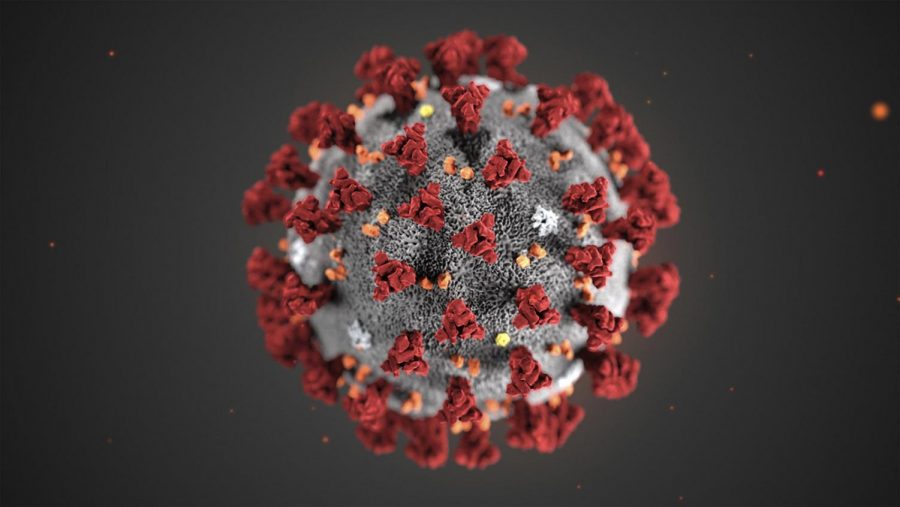San Diego Mesa College hosted a workshop around the coronavirus on Feb. 12. Organized by the college’s Student Health Center, the program offered those in attendance a detailed look into the new virus sparking worldwide quarantines and pushing the World Health Organization to declare it as a global health emergency. With an objective of avoiding transmission and de-escalating any fear on campus, a group of health professionals addressed these issues head-on.
Newly identified as COVID-19, the novel coronavirus (2019-nCoV) stems from a much larger family of coronaviruses including the Severe Acute Respiratory Syndrome, also known as SARS. Like the 2003 SARS, which had spread from China to two dozen countries before being eradicated in 2004, the novel coronavirus originated in animals and has since made its way to humans. This particular strain was traced to a meat market in Wuhan, China and has caused enough panic that government officials have united to minimize its potential reach. From tracking those who may have been in close contact with the infected to canceling flights, being proactive with this illness has been the key. Although most coronavirus strains aren’t dangerous, this newest addition has resulted in over 2,000 deaths as of Feb 20. With no vaccine and no shortage of incorrect theories online, a sense of concern looms over the public.
To combat the wave of misinformation, Mesa’s resident physician and Medical Director Dr. Calvin Wong began the conversation by stating the fatality rate of 2.2%, compared to other, more severe viruses like influenza, which is responsible for between 12,000-61,000 deaths annually in the United States. He also referenced the decline in COVID-19 infections throughout China and zero confirmed deaths here in the states. Wong added that “Usually, there’s a lot more deaths early on because the more serious cases are seen and recognized, but the number of infected aren’t well estimated.”
That isn’t to say students should leave their hand sanitizers at home. With no person-to-person infections currently reported in the US, some see the coronavirus as an out-of-sight, out-of-mind problem. Because of this, students are left vulnerable to other illnesses. Faculty at Mesa want to reiterate that although the virus is being watched carefully, it is up to everyone to be cautious and informed. It has been recorded that the virus, like the common cold, is easily spread through coughing, sneezing, close contact with those infected, and touching a surface that is a carrier.
Registered nurse Nancy Bromma’s top advice for staying healthy: wash your hands with soap for at least 20 seconds. And don’t rely on warm water to do much as the best way to remove germs is by scrubbing and drying properly. Another tip: get your flu shot. “You don’t want to be sick with the flu and then get exposed to someone with the coronavirus,” warns Bromma. While the risk of infection is low, Bromma wants to remind students to take advantage of the Student Health Center and get their free flu shot. And as always, support your immune system by getting seven to eight hours of sleep at night and drinking seven to eight glasses of water a day.
Student Health Director Suzanne Khambata continued the discussion by sharing the Centers for Disease Control’s (CDC) recommendation that those who have visited Wuhan, China isolate themselves at home for 14 days. This isn’t mandatory, but it is encouraged by the federal agency. People returning from mainland China are advised seven days in isolation. If a fever, sore throat, cough, or shortness of breath arises within that time, call the CDC. Realizing that staying home as a college student can lead to falling behind, Mesa is working with professors to allow extended absences for those who are ill.
Closing the information session, Khambata reassured students and faculty, “We have seen infectious diseases come and go. We saw the H1N1 and we handled that at Mesa College. We’re really good at limiting the spread of disease, but we can’t do it without your help.” By staying informed and practicing good hygiene, Mesa students can help keep the campus healthy for all who attend it.


